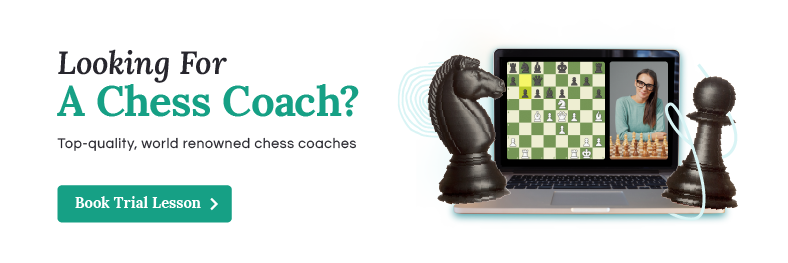In an intriguing scene from the 2010 movie The Karate Kid, the young protagonist Dre Parker is spellbound by a Kung-Fu practitioner who, perched perilously on a high wall, makes a cobra reflect her moves. Dre’s Kung-Fu master Mr. Han explains to the fascinated kid that the practitioner is like “still water, quiet and calm, reflecting whatever that looks at it, like a mirror”.
The wise teacher’s explanation of how a trained and focused mind achieves such force of tranquility carries so much weight in today’s world. Retrieving our minds in the days of media surplus is becoming a herculean task. Our children are maze runners, trapped in a labyrinth of information, –both essential and dispensable – struggling to find an exit.
How do they learn to tap into that innate energy? When can they pause and learn to focus?



